|
Factory might sound like a big word and if you have joined us on our February field trip, you'd realise how office like and friendly the facility that satellite "factory" can be like! On 22nd Feb, we went to visit the Pocket Spacecaft's facility at Bristol. The train was not helping, nor was the flood, but some of us made it for a very educational day! It must be said home of the Pocket Spacecraft is like a tucked away alternative world. To reach Pocket Spacecraft's facility, one would ask direction at the Cinema's entrance by the water side, be directed upstairs through bar and cafe, Finally through a secure corridor of the Pervasive Media Studio and you'll reach the open planned HQ. Michael has presented to us the tips and tricks for getting satellites into space, sharing the greatest detail from his experiences on everything from regulations, details of open sourced space projects, place for souring parts to make your own cubesat, technologies for controlling landing, altitude, propulsion etc, to tools for listening to spacecrafts. And of course the process and the ambition to launching thousands of thin film Pocket Spacecrafts in an affordable way. There's no lack of detail on all topics covered, it's like a week of space symposium compressed into a day! Regulations for spacecraft is actually very intriguing, when it is stationary, in the atmosphere and out of the atmosphere, it is considered as a different kind of instrument and are subject to different regulations! And of course, we need to ensure wherever we go in space, we leave it rather untouched and there's where the Heritage rules and Planetary protection rules comes in. Needless to say different country have different regulations too! And of course, we visited the facility for making spacecraft. Most electronics are printed out over at a FABLAB, in the HQ, we can see:
And that is not yet the end of the day! We then learn how to listen to satellites! Listen? Yes, like tuning on your FM radio, listening to satellite is like tuning into the channel of the satellite (as oppose to BBC R6 for example). But because the signal is much weaker, the antenna and the "radio" have to be a bit more powerful - so we learnt a lot about the different types too.
In our usual style, we continued the Q&A through drinks (and a very nice dinner too, thanks!). Oh, and we had a small brainstorming around interplanetary internet on the train on our way back after dinner. Keep an eye on that space.
Comments are closed.
|
SubscribeCategories
All
Archives
December 2016
|

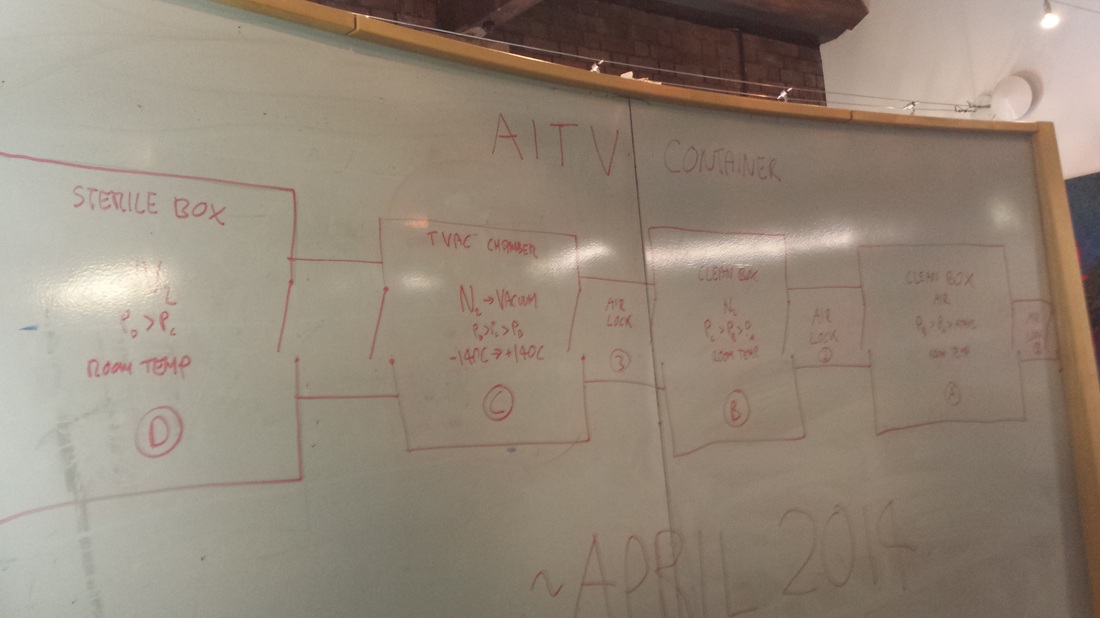
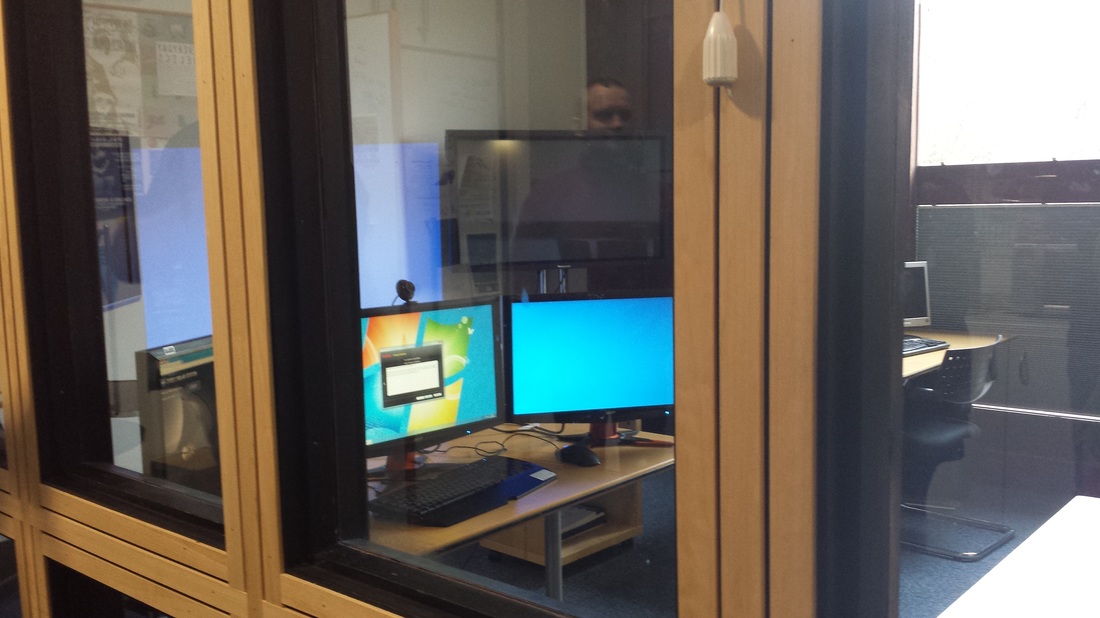
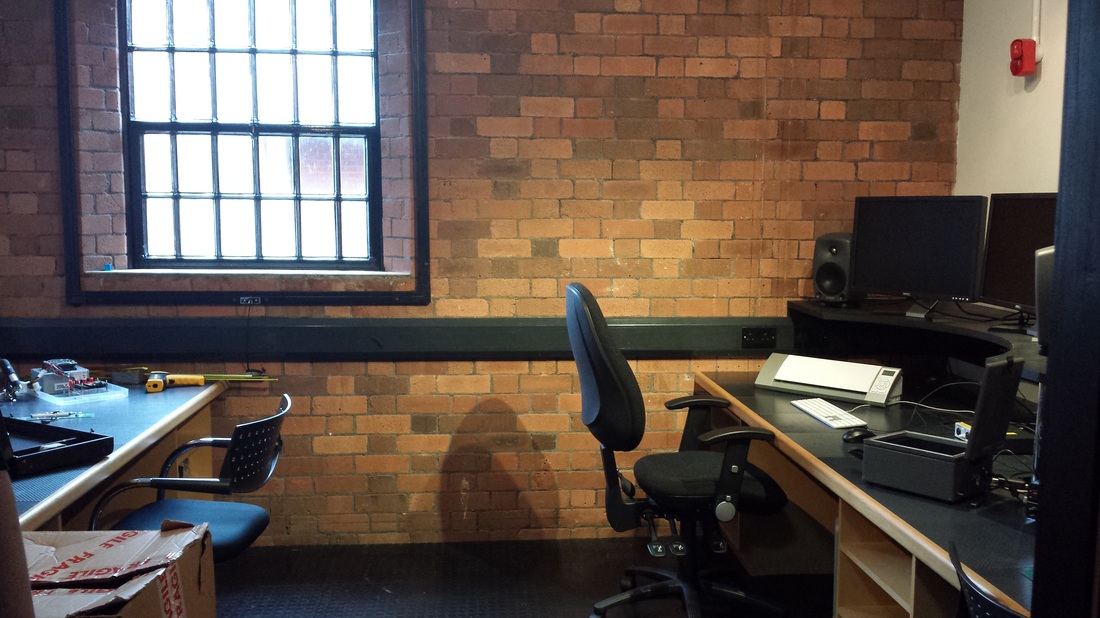
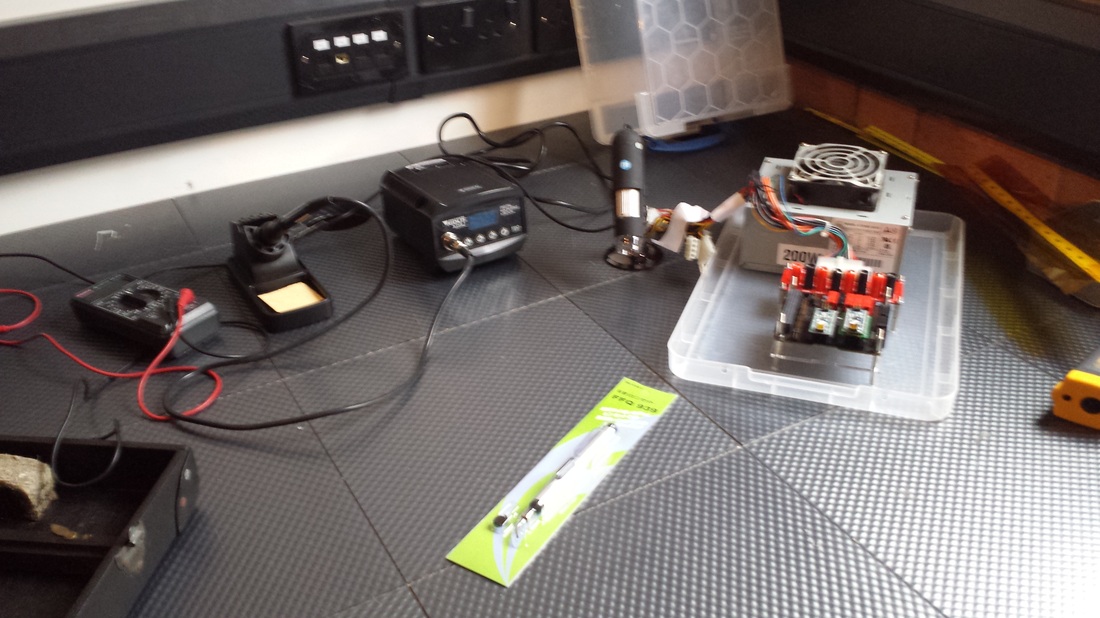
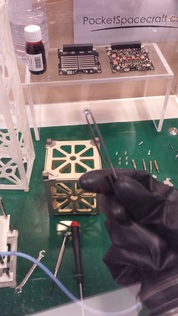
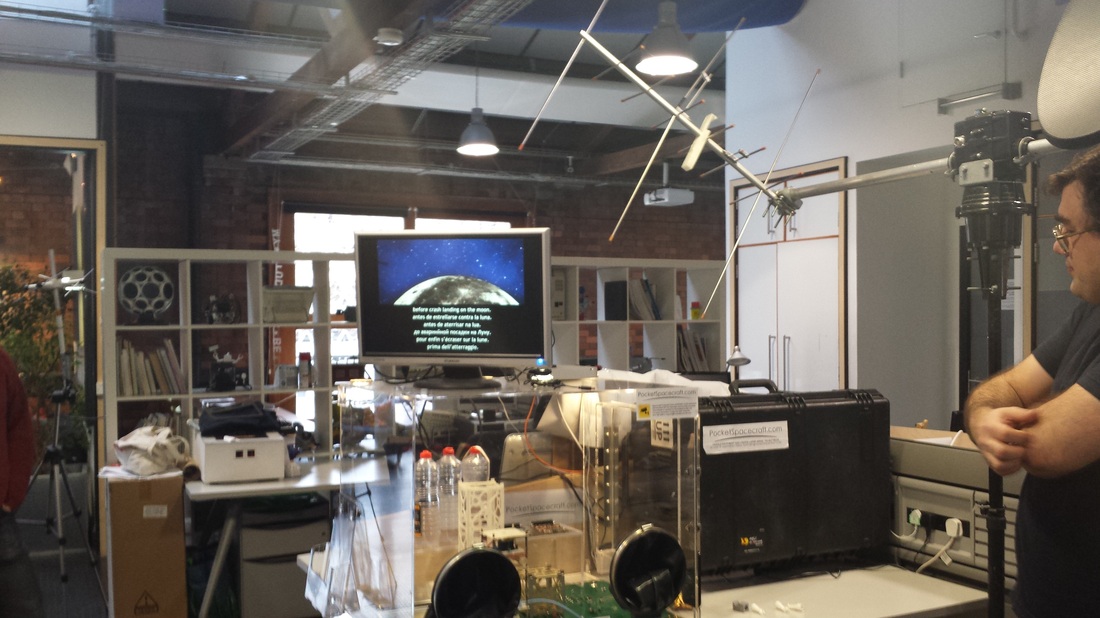
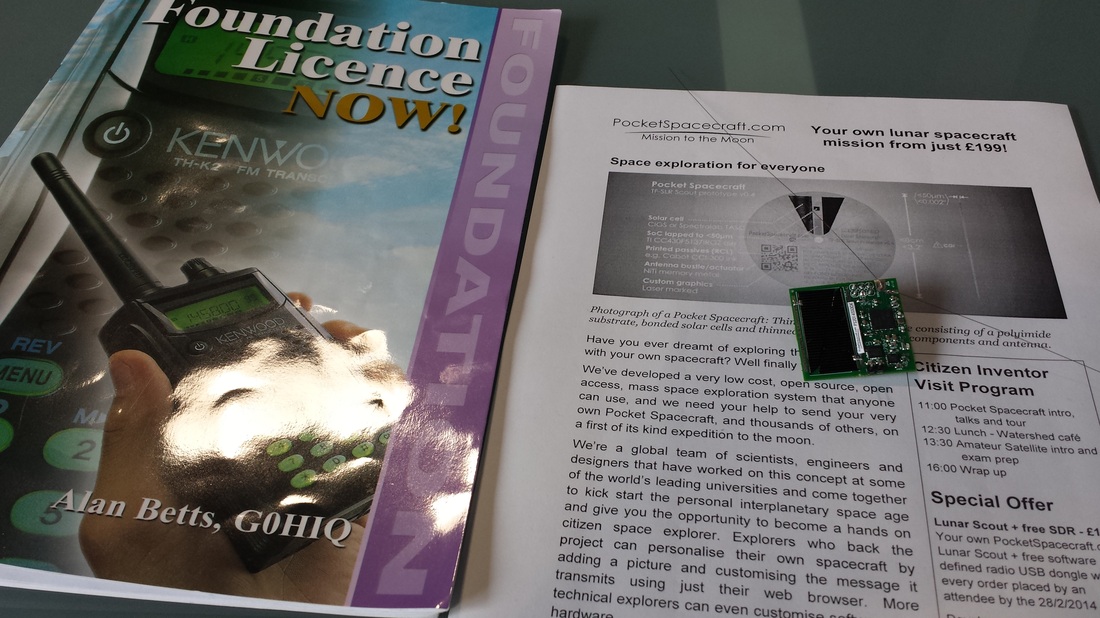
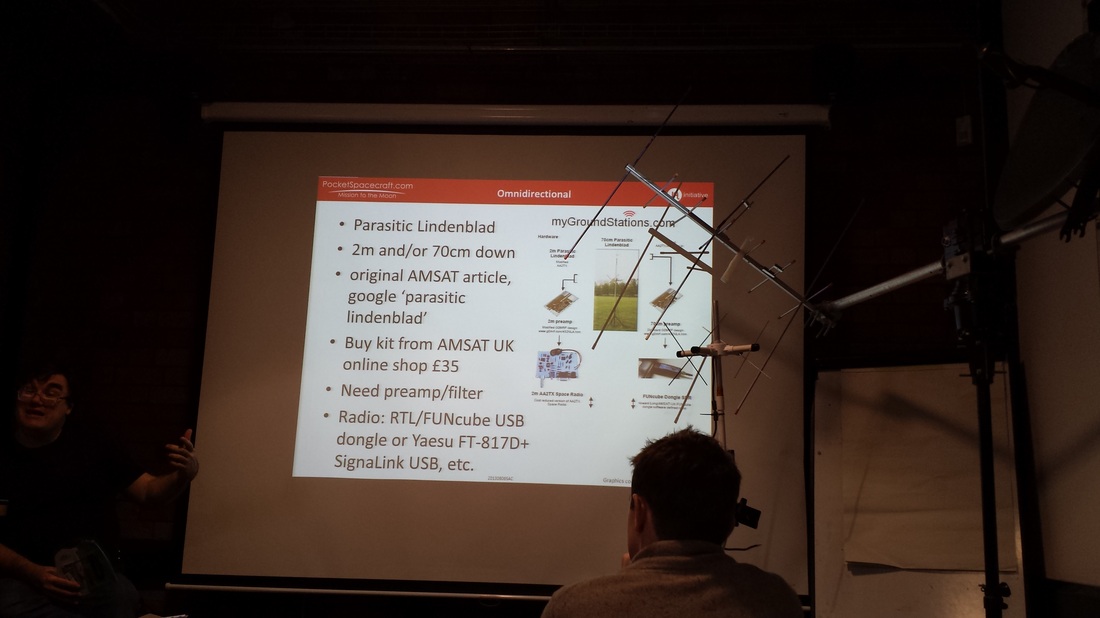
 RSS Feed
RSS Feed
